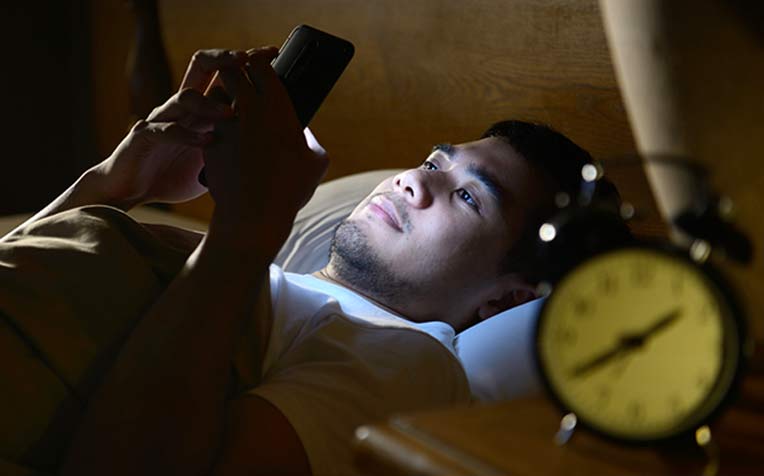
According to research studies, there is a definite link between how much you sleep and your body weight. Doctors from LIFE Centre at Singapore General Hospital (SGH), a member of the SingHealth group, explain. (iStock photo)
Studies have found that sleeping less than six hours per day, for an adult who should normally be sleeping seven to eight hours, can produce physical changes that promote weight gain. These changes are related to:
- The hormones ghrelin and leptin, which control appetite
- Modified brain activity, linked to higher odds of making unhealthy food choices
- Plain fatigue, which reduces the willingness to engage in physical activity
"There is a convincing link between sleep deprivation and weight gain. We (LIFE Centre) frequently cross-refer patients between the weight management service and the
Sleep Disorders Clinic (at SGH)," says doctors from LIFE Centre.
1. Sleep deprivation and changes in the hormones ghrelin and leptin
Appetite is regulated by two hormones: ghrelin and leptin. Ghrelin stimulates hunger while leptin tells you when you are satiated. Lack of sleep increases ghrelin levels, making you hungry, while leptin levels drop, lessening your ability to tell when you've eaten enough. The combined effects result in an expanding waistline.
Sleep deprivation has also been found to affect the body's response to insulin, which can also cause a fall in the level of leptin, further dulling your satiety internal sensors.
Related article: Is insomnia more dangerous for men or women?
2. Sleep deprivation and snacking on high-calorie foods
Research studies have found that sleep deprivation can cause changes in brain activity which can promote snacking on high-calorie and high-fat foods. A tired brain has been found to respond more strongly to foods rich in fats and carbohydrates. It just feels more "shiok" to eat junk food when you're tired.
Additionally, a person who sleeps less has more hours to eat and make unhealthy food choices. In fact, studies have found that sleep-deprived people who are surrounded by snacks tended to snack more than rested people, especially at night.
Related article: Does alcohol help you sleep better?
When we are tired, our brain just demands more calories than we actually need, and our ability to resist impulse may be blunted as well.
3. Sleep deprivation and decrease in physical activity
Chronic lack of sleep has also been associated with reduced physical activity. This is because sleeping less than the normal 7-8 hours is likely to leave you feeling fatigued and less inclined to exercise. With this decrease in physical activity, you burn fewer calories which can lead to weight gain over time.
Studies have found that sleep-deprived people tend to spend more time in sedentary activities such as watching TV, and less time in playing sports and being physically active.
Related article: Work shifts? Here's how to avoid sleep problems
--
Articles on HealthXchange.sg are meant for informational purposes only and cannot replace professional surgical, medical or health advice, examination, diagnosis or treatment.